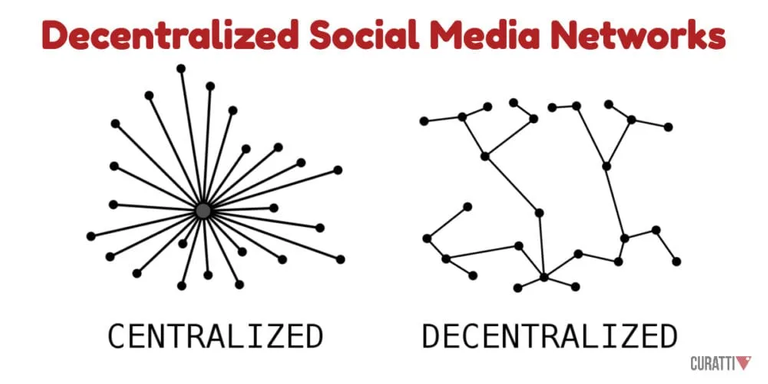
Decentralized social media refers to online platforms that are not owned or controlled by a single entity, but rather operate on decentralized networks that are managed by users. Proponents of decentralized social media argue that it offers a number of benefits compared to traditional, centralized platforms.
One key advantage of decentralized social media is that it offers users greater control over their data and privacy. On centralized platforms, users' data is often collected and sold to third parties without their consent, which can compromise their privacy. In contrast, decentralized social media allows users to own and control their own data, giving them the ability to decide how it is used and shared.
Another benefit of decentralized social media is that it can be more resistant to censorship. Centralized platforms are often subject to government censorship and can remove content that they deem inappropriate or offensive. Decentralized social media, on the other hand, operates on networks that are not owned or controlled by any single entity, making it more difficult for authorities to censor content.
However, decentralized social media also has its drawbacks. One challenge is that it can be difficult for users to understand and navigate the technology. Decentralized platforms often require users to manage their own data and security, which can be confusing and intimidating for those who are not technically savvy.
Additionally, decentralized social media can be less user-friendly compared to centralized platforms. Centralized platforms often have more resources and funding to invest in user experience and design, making them more appealing to users. Decentralized platforms may not have the same level of resources and may be more difficult to use.
In conclusion, decentralized social media offers a number of potential benefits, including greater control over data and privacy and resistance to censorship. However, it also has its challenges, including a steep learning curve and potentially less user-friendly experiences. Ultimately, the decision to use decentralized social media will depend on an individual's priorities and needs.
